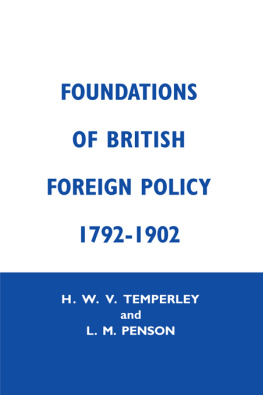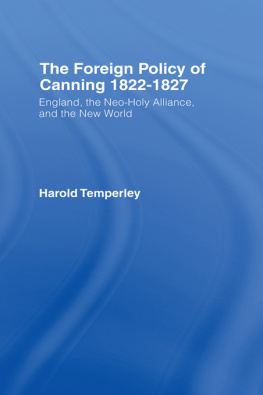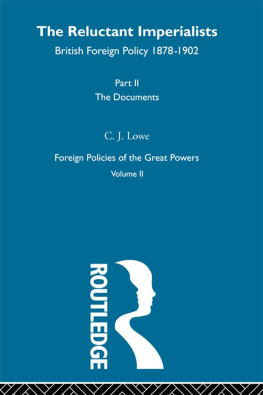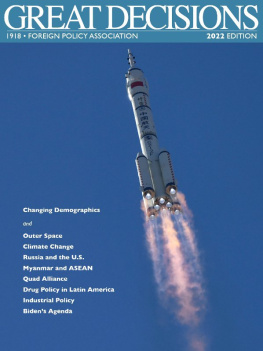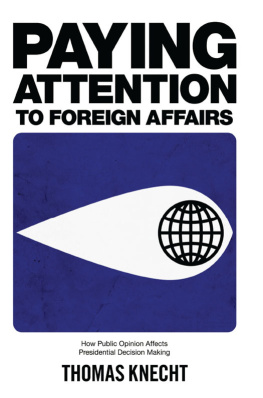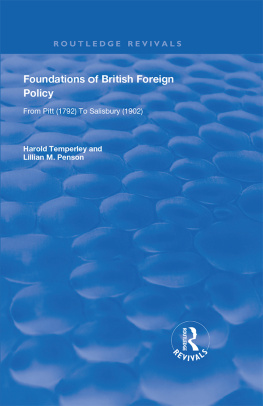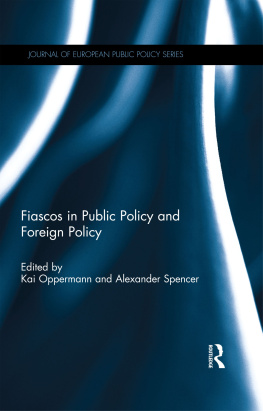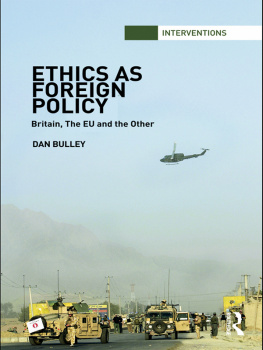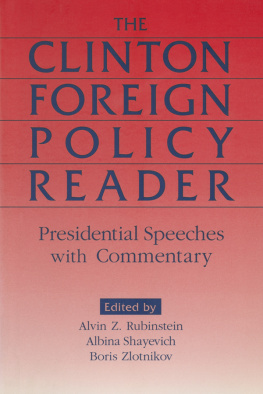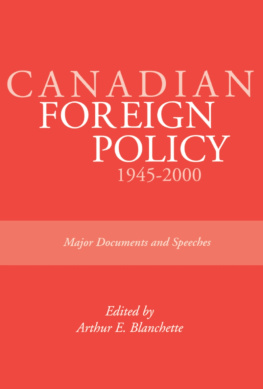FOUNDATIONS OF BRITISH FOREIGN POLICY 1792 1902
FOUNDATIONS OF
BRITISH FOREIGN POLICY
FROM PITT (1792) TO SALISBURY (1902)
Old and New Documents Selected and Edited
by
HAROLD TEMPERLEY
and
LILLIAN M. PENSON
Published by Frank Cass & Co. Ltd.,
2 Park Square, Milton Park, Abingdon, Oxon, OX14 4RN
by arrangement with Cambridge University Press.
First Edition 1938
New Impression 1966
Transferred to Digital Printing 2005
To
EARL BALDWIN
of
BEWDLEY
Chancellor of the University
of Cambridge
magis alii homines quam
alii mores
TACITUS, Hist. II, 95.
CONTENTS
IV. CANNING, 18227
11. PALMERSTON AND CONSTITUTIONALISM, 183047
Document 29. Palmerston makes the British Lion roar, 2 December 1839
Document 40. Palmerston declares to Nesselrode that he will not be drawn into war, 2 December 1848
X. PEEL AND ABERDEEN, 18513
Document 61. The British view of French pledges of disinterestedness in respect to Savoy, 4 July 1859
Document 73. Russell and Palmerston disclaim the idea of going to war with Russia, 212 April 1863
31. THE GERMAN INTERVENTION, NOVEMBER 1863JANUARY 1864
Document 101. Lord John Russell on the need of maintaining Englands naval strength,? December 1859
XVI. DERBY AND STANLEY, 18667
48. THE ALABAMA ARBITRATION
53. ENGLAND GIVES ADVICE TO BISMARCK IN THE WAR SCARE OF 1875
Document 147. Salisbury proposes an agreement with Turkey concerning the Straits, 16 June 1878
62. GLADSTONES PYRRHIC VICTORY AND THE DREIKAISERBUND
XXII. SALISBURY, ROSEBERY, AND IDDESLEIGH, 18856
74. THE WOLFF CONVENTION
Document 189. Rosebery refuses to give binding assurances concerning Constantinople, 31 January 1894
85. THE PROBLEM OF AFRICA
LIST OF PRINCIPAL DOCUMENTS, HERE FIRST PUBLISHED IN WHOLE OR IN PART*
PRIVATE PAPERS
Aberdeen,
Clarendon,
Gladstone,
Granville,
Layard,
Russell,
Stratford Canning, de Redcliffe,
Tenterden,
Wellesley,
OFFICIAL ARCHIVES
Austria (Vienna),
British (London),
Netherlands (The Hague),
* References are to Documents numbered in the text.
PREFACE
T HIS volume represents a selection by the Editors of unpublished and published documents dealing with foreign affairs, from the rise of the Younger Pitt to the death of Salisbury. It contains both official papers and private letters; speeches and other public statements of policy. Should the volume be successful, the Editors will consider the editing of a selection from the eleven volumes of the series British Documents on the Origins of the War, which they edited in conjunction with Dr G. P. Gooch.
A selection of documents extending over a period of a century always offers problems and difficulties. The Editors have had access to a large number of unpublished materials, public and private, so that many of the documents that they have chosen are new. But a selection of documents dealing with foreign policy offers less difficulty than one relating to internal affairs. Despite opposed parties, and even opposed policies, the continuity of ideas in British diplomacy is striking. The famous State Paper written by Sir Eyre Crowe on 1 January 1907 reproduces what are virtually Cannings ideas on foreign policy eighty years before. Most of the assumptions underlying these views were accepted by all statesmen from Pitt to Salisbury, though their methods of application and interpretation may have differed. The balance of power, the sanctity of treaties, the danger of extending guarantees, the value of non-intervention, the implications of what Castlereagh called a System of Government strongly popular and national in its character were understood by all. It is true that Palmerston, in his robust vigour, was ready to interpret non-intervention in a sense which would have surprised Castlereagh and Canning; that Russell glorified the revolutions which Disraeli disliked; that Salisbury hated publicity and parliamentary control; that Gladstone preferred the concert of Europe to the balance of power. But these differences do not prevent us from seeing that there is a great similarity between the views of all these men, despite the illogicality of their methods. There are times when Castlereagh is English, when Canning is European, when Palmerston admits the superiority of moral ideas, when Gladstone relies on the British fleet, and when Salisbury finds public opinion of value. What is more remarkable is that the ideas of Pitt, as stated in the early pages of this book, clearly anticipate the dangers of violent nationalism, and the merits of a League to enforce peace, and the necessity for England to steer a middle course between these alternating policies.
The main principles of selection are simple; and they derive, as it were, from the nature of the soil and from the English character. Englishmen never say all they mean in published documents or in public speeches, so that secret dispatches and private letters must supply the key to what our statesmen thought to be important. We have fortunately been able to make abundant use of materials of this kind, and public and private utterances are equally represented here. Our first principle of selection has been to give representative extracts from different categories of documents; another has been to ensure that the documents should shew what is specifically the British point of view. Foreign policy as a whole is the expression of the contrasted and combined views of a number of different and often opposed nations. The present book aims not at shewing what is universal in the currents or tendencies of diplomacy in the period, but at revealing the British contribution to it. Nothing is omitted, therefore, just because it is chauvinisticor prejudiced. Such tendencies indeed it is necessary at times to emphasize. A document is inserted not because it expresses or summarizes an international standpoint, but because it expresses a British or national standpoint, in a word, when it reveals the British mentality. The British way of looking at things under Pitt; the British attitude towards congresses under Castlereagh; towards the recognition of revolted states under Canning; the British intervention at a crisis, with Palmerston making the lion roar; Disraeli dreaming of Empire; Gladstone pleading for arbitration; Salisbury uniting the Bulgarias in face of Europes opposition; these are the truest and most characteristic aspects of British policy. The painter must not shrink from portraying rugged features, and here, as in the case of Cromwells picture, realism is the best art.
The principles of selection thus adopted have led the Editors to seek their materials in widely different sources. They have used freely the official documents in the Foreign Office archives, choosing both published and unpublished papers, including some that were intended for publication from the start. Where these were curtailed at their original publication, the omissions have been marked. They have gone, with equal freedom, to the numerous private letters and private minutes which are now available for nearly the whole of the period. Sometimes they have included the record made by a foreign ambassador of an English statesmans viewsfor this is on occasion particularly illuminating. But always they have had in mind their main object, that of illustrating the ideas of policy that English statesmen had in mind, and the ways in which they sought to put their ideas into action.

